The first year out of college can be a tough one for any graduate, not only those with English degrees! But rest assured, English majors: your skills are indeed practical and sought-after by many employers. We’re not saying that finding these awesome jobs will be easy, but there are PLENTY of things you can do to successfully navigate the job search process!
There are a few crucial tactics you need to know in order to make a smooth transition from studying Shakespeare and Steinbeck to full-time employment, and From Graduation to Career Ready in 21 Days: A Guide for English Majors will guide you every step of the way in 21 days.
Each of the 21 days outlined in this book is packed with important information that will help you to stand out and set yourself up for success!
Week 1
We’re not gonna lie—Week 1 is intense. Do some yoga. Light a candle. Keep calm. Prepare yourself to work hard and kick some serious butt in the job search and application process. By the end of this week, you will have transformed from a brand new college graduate into a viable job candidate with the resume, portfolio, and wardrobe (yep, we go there!) to prove it.
Here’s what this week looks like:
- Day 1: Do your research.
- Day 2: Look the part.
- Day 3: Create a resume.
- Day 4: Collect your writing samples.
- Day 5: Own your online presence.
- Day 6: Create an online portfolio.
- Day 7: Connect with alumni.
Week 2
Roll up your sleeves and make a cup of coffee (or two, or three…). Week 2 is filled with exciting stuff, and this is the week you’ll choose your first three jobs to actually apply for. By the end of this week, you’ll have resumes, cover letters and writing samples that have all been meticulously and thoughtfully tailored to the jobs at hand. Resist the urge to cut corners, and do your best to give this week 100%—not only are you trying to successfully land your first full-time job, but you’re practicing and honing skills that you’ll use for the rest of your professional life!
Here’s what this week looks like:
- Day 8: Get organized.
- Day 9: Choose the right jobs to apply for.
- Day 10: Research the jobs you’re applying to.
- Day 11: Tailor your resume for Job #1.
- Day 12: Learn how to write a cover letter.
- Day 13: Compile job application #2.
- Day 14: Compile job application #3.
Week 3
This week, we begin with officially submitting those three applications you’ve toiled away on. Take a moment to enjoy and appreciate what you’ve accomplished, but then it’s back to work! You’ll be preparing for interviews and learning how to make yourself a more appealing job candidate.
Here’s what this week looks like:
- Day 15: Hit the “submit” button and officially apply!
- Day 16: Plan your follow-up strategy.
- Day 17: Prepare for interviews.
- Day 18: Practice answering interview questions.
- Day 19: Review the basics.
- Day 20: Keep learning and bulk up your resume.
- Day 21: Congratulations, new professional!
You worked super hard for four solid years to complete your English degree, and you deserve the chance to show off those hard-earned skills at a job you LOVE. You have what it takes. Are you ready?!








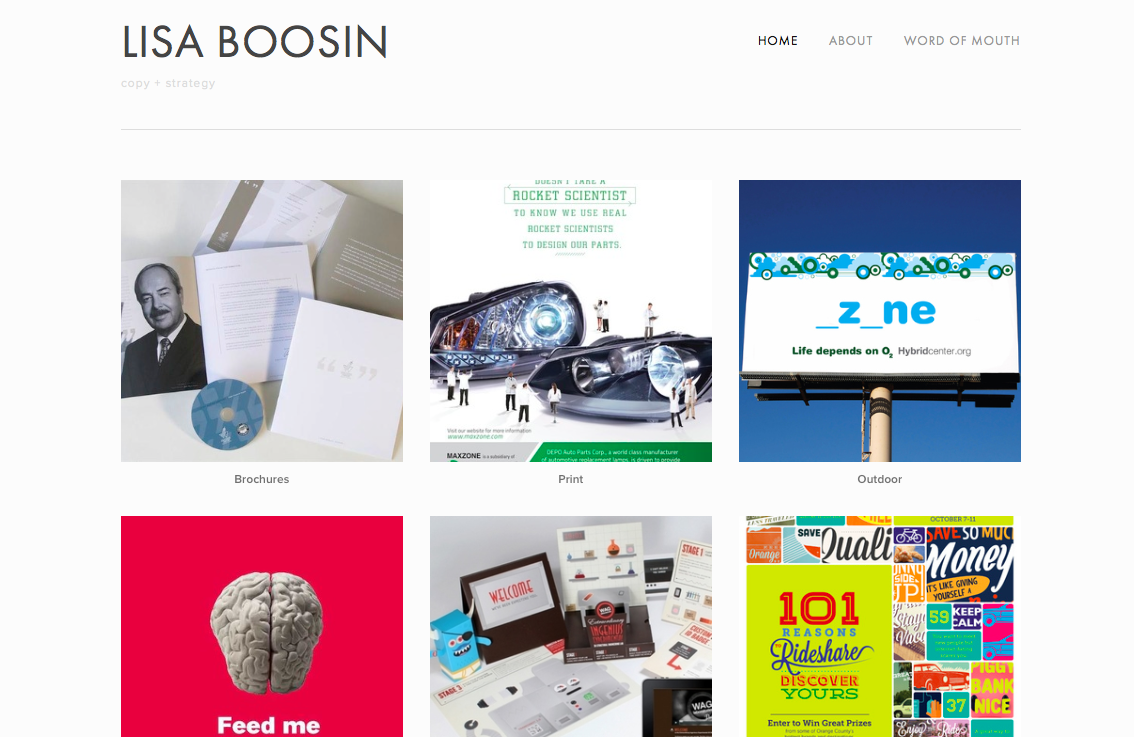
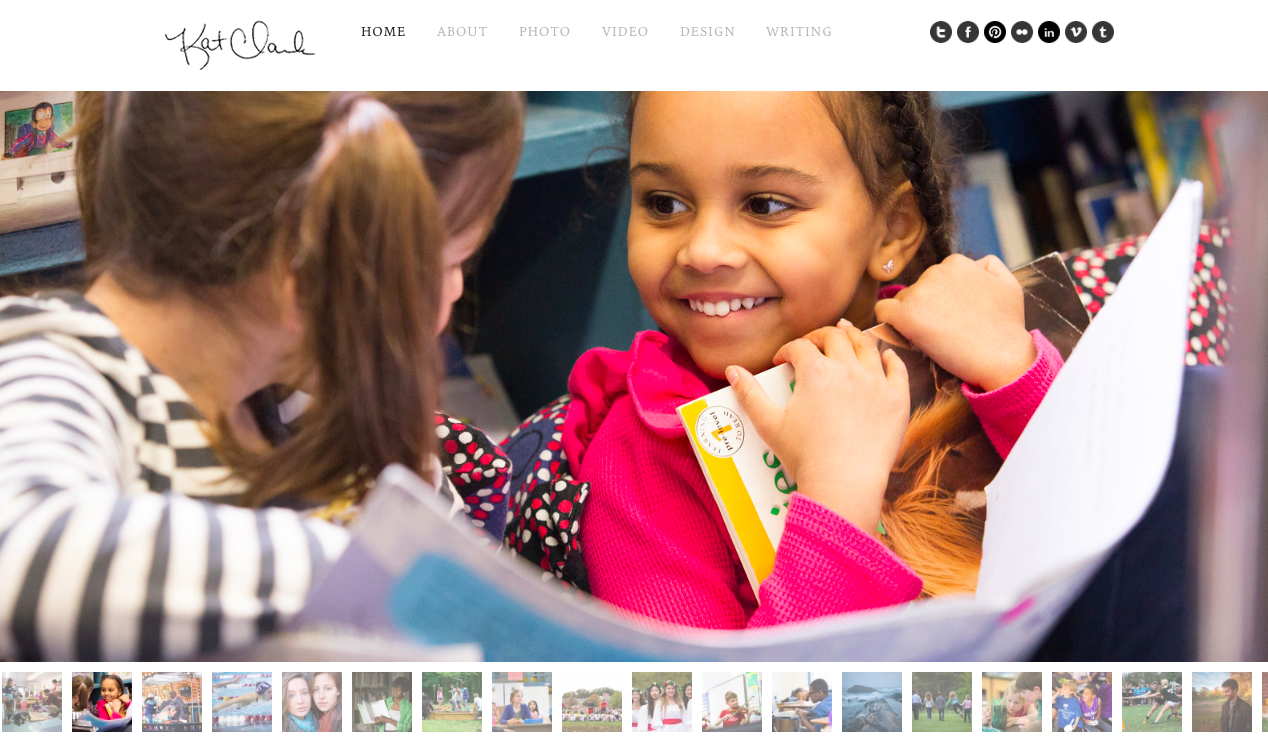
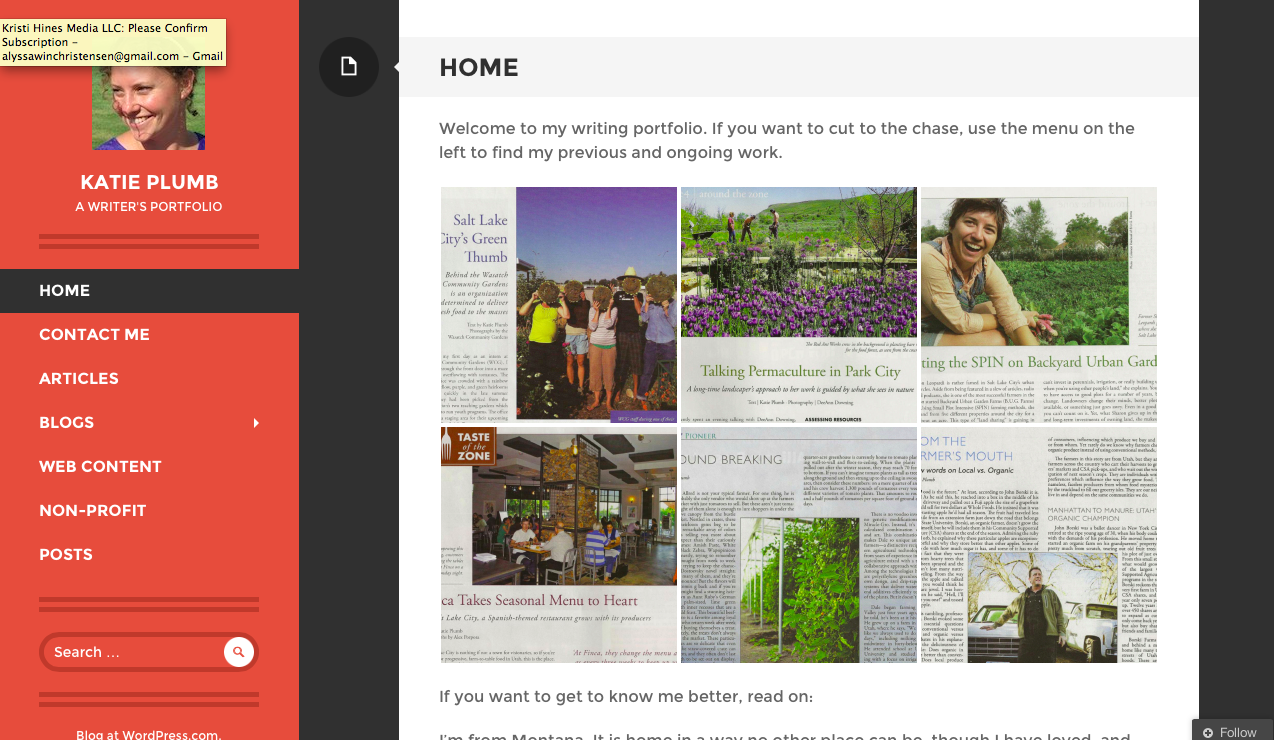
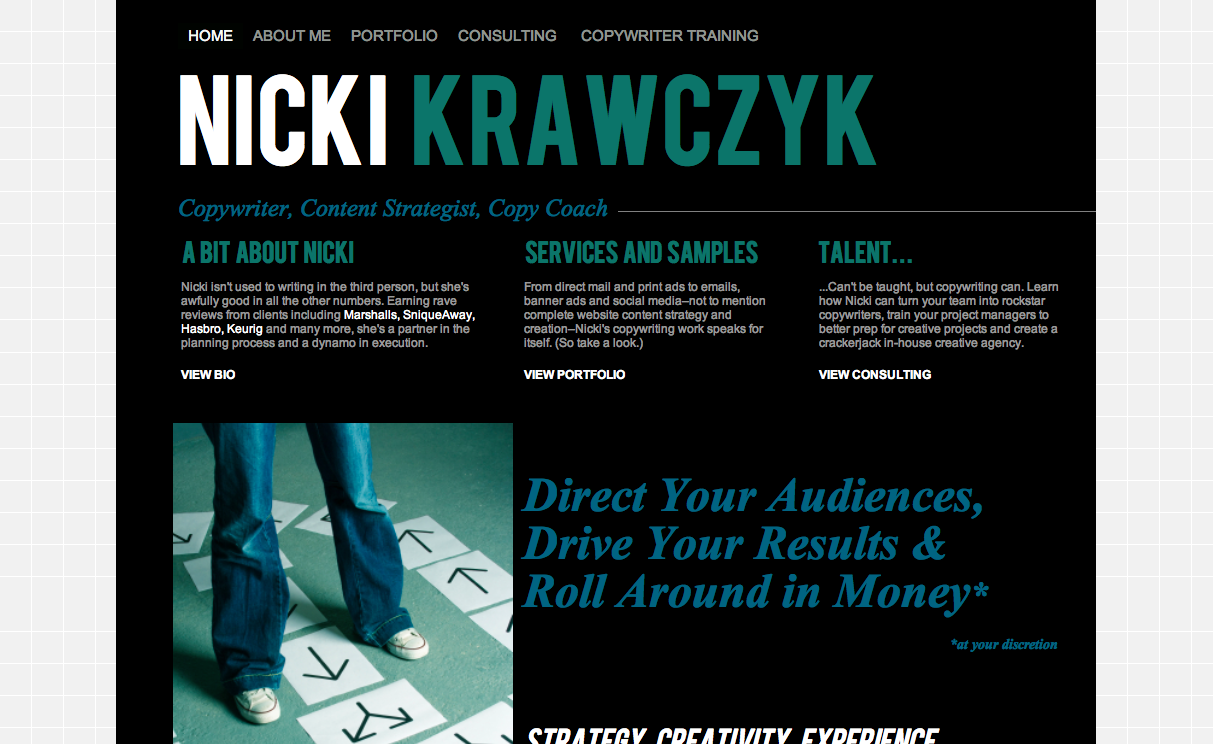
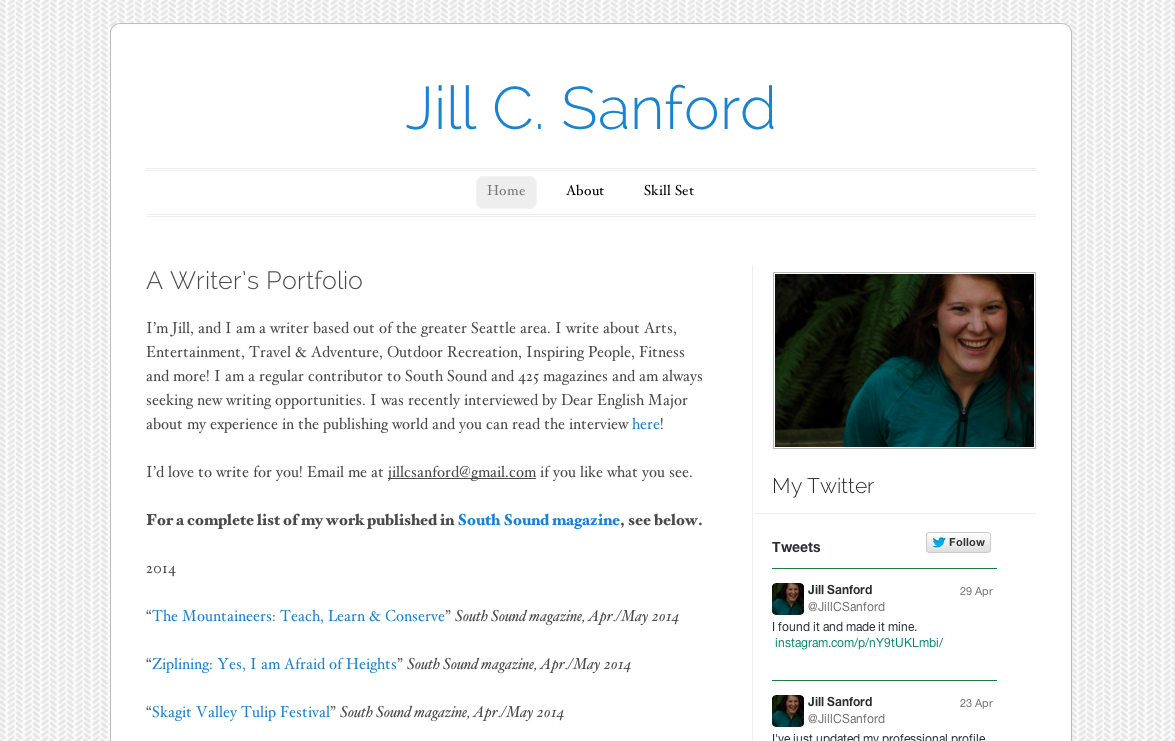
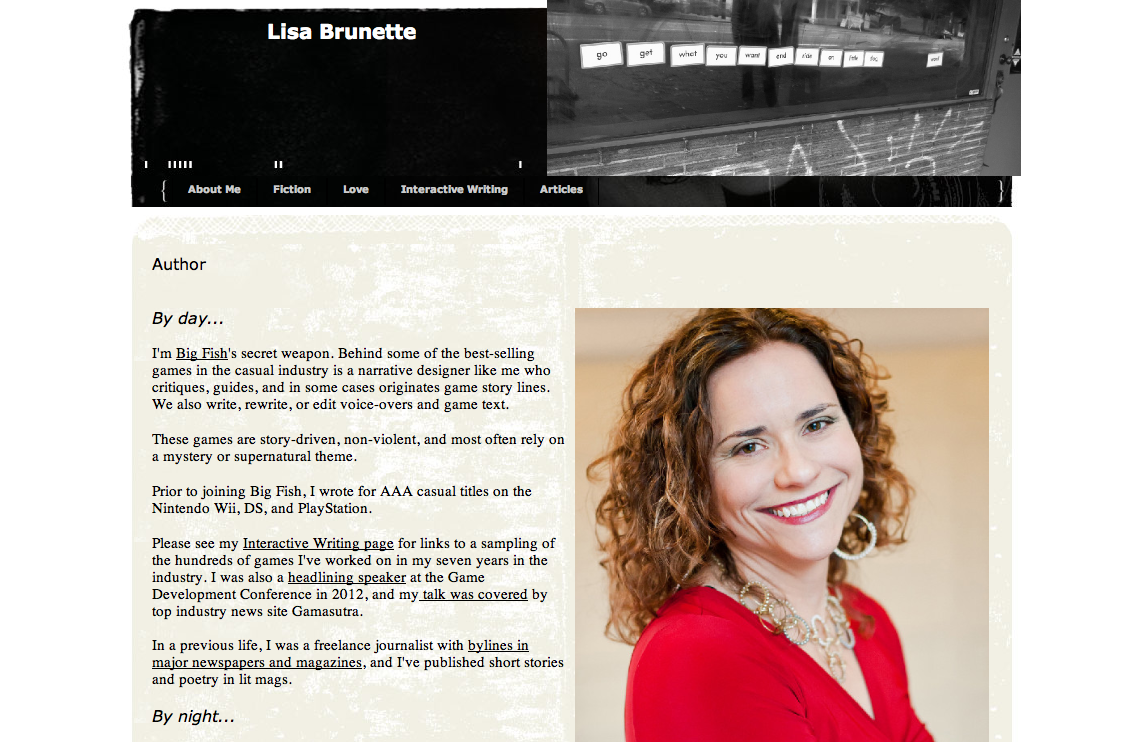
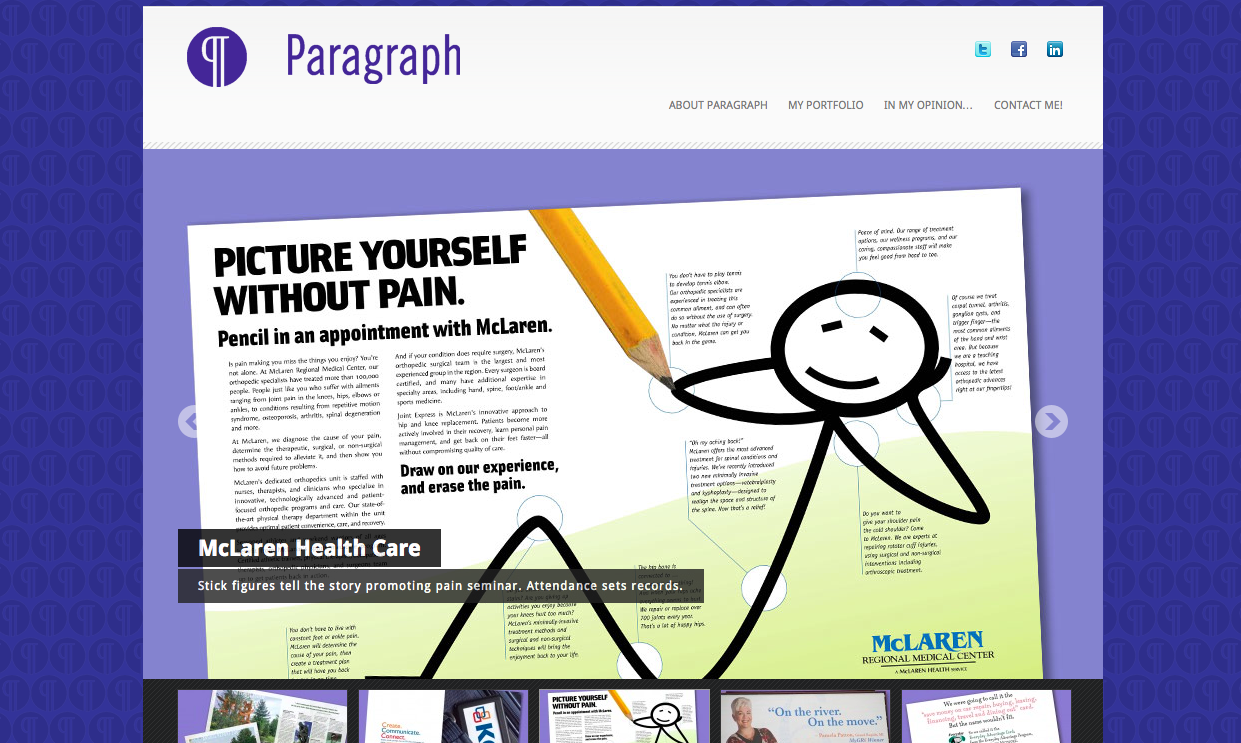
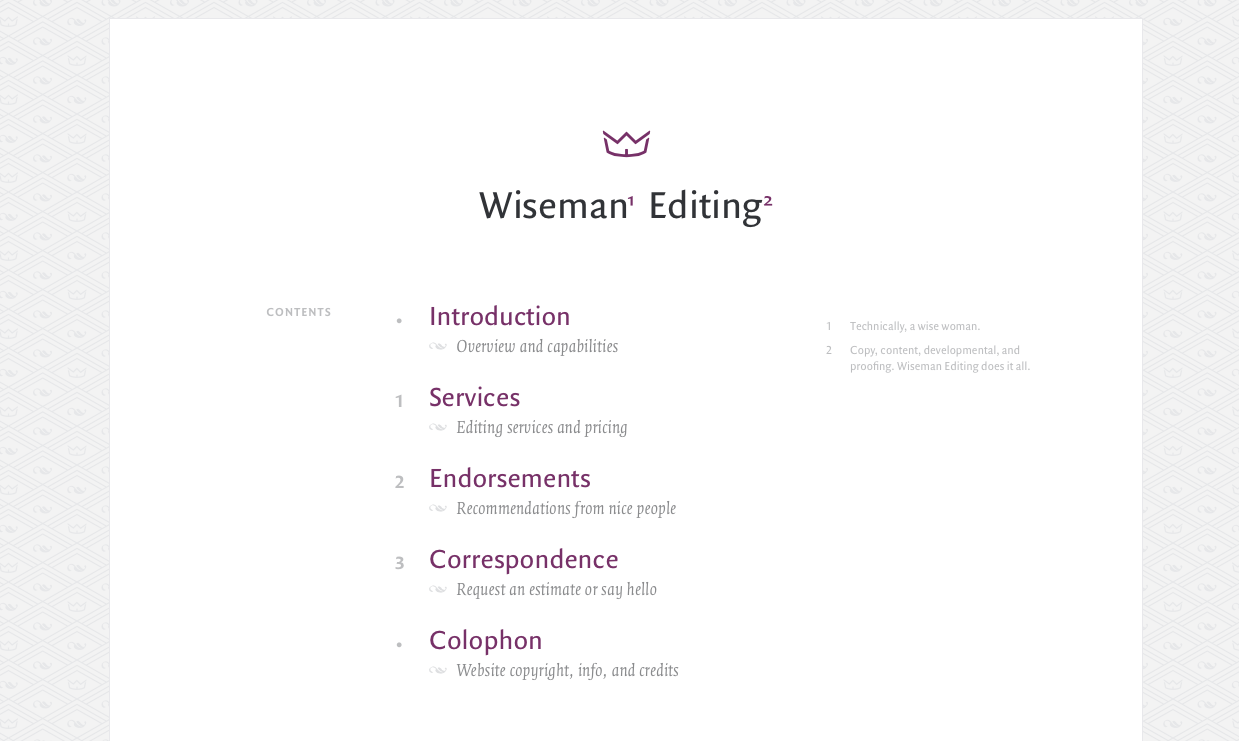
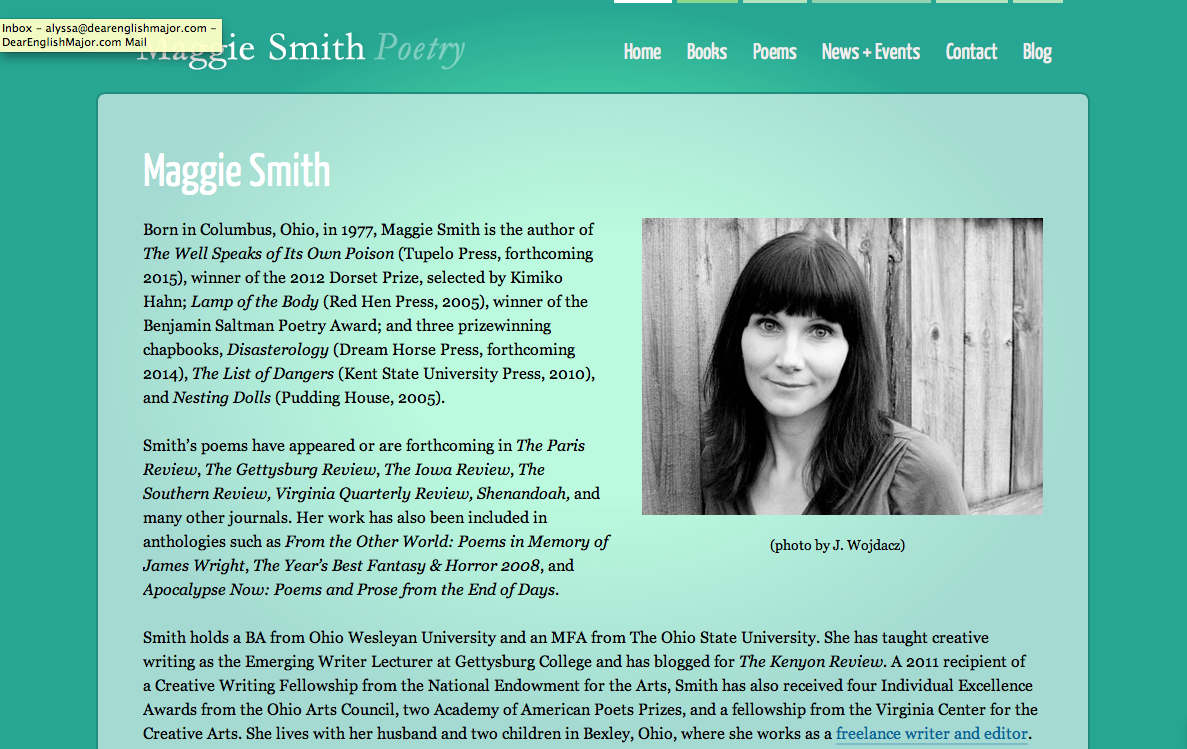


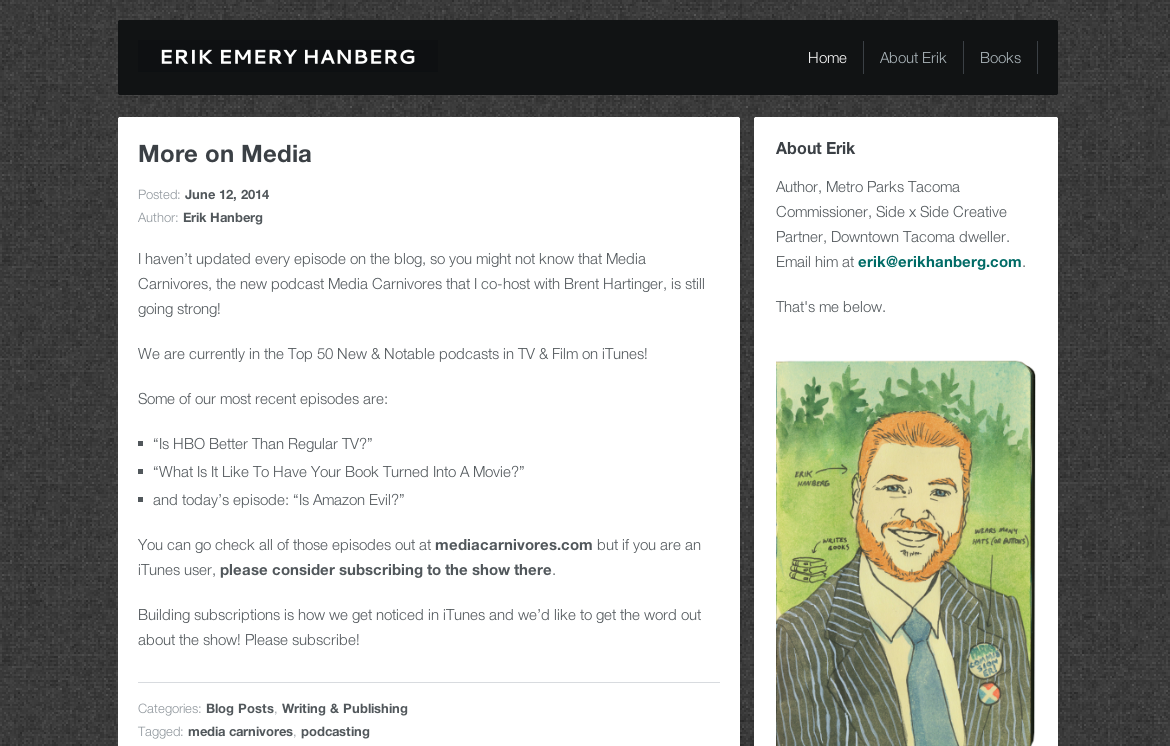
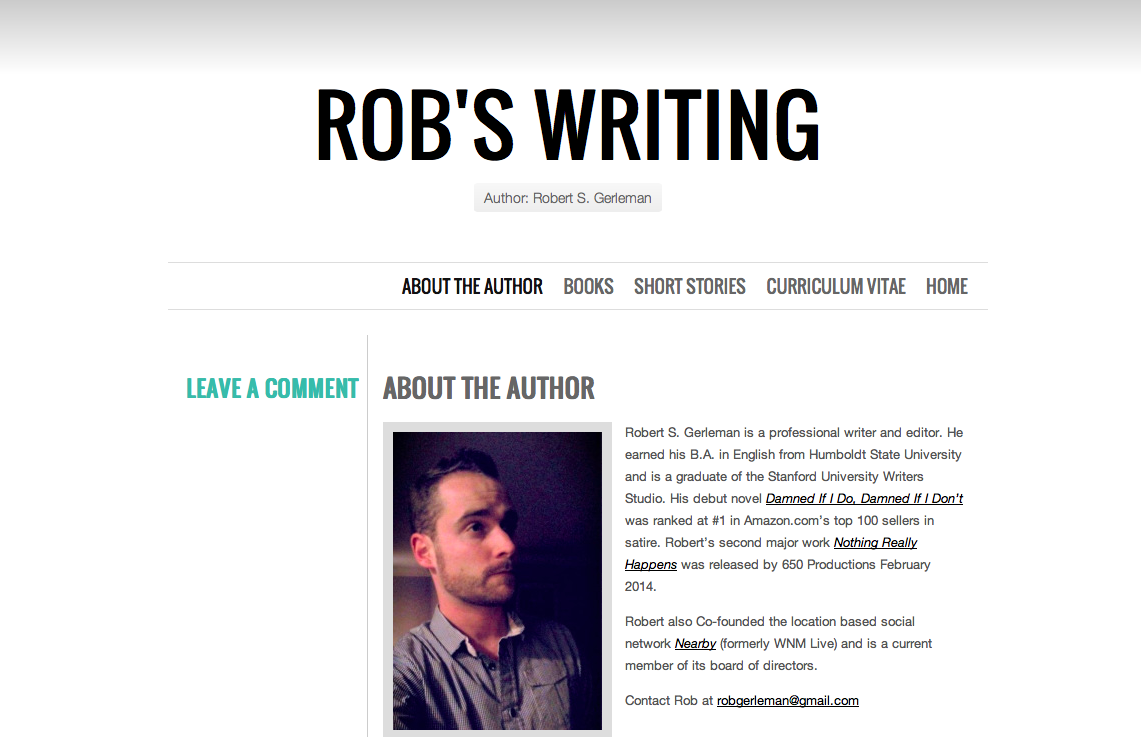
































































Searching for your first full-time job can feel like a futile endeavor. Unemployment makes you vulnerable and it’s easy to jump at anything that bites. When you finally do receive an offer, negotiating for more money can feel out of the question, or may not even cross your mind. But you should absolutely try to negotiate for more money! We decided to break the ice on this taboo topic by reaching out to our readers for some real-world advice. Read on to find out how they approached their salary negotiations, and what the results were!